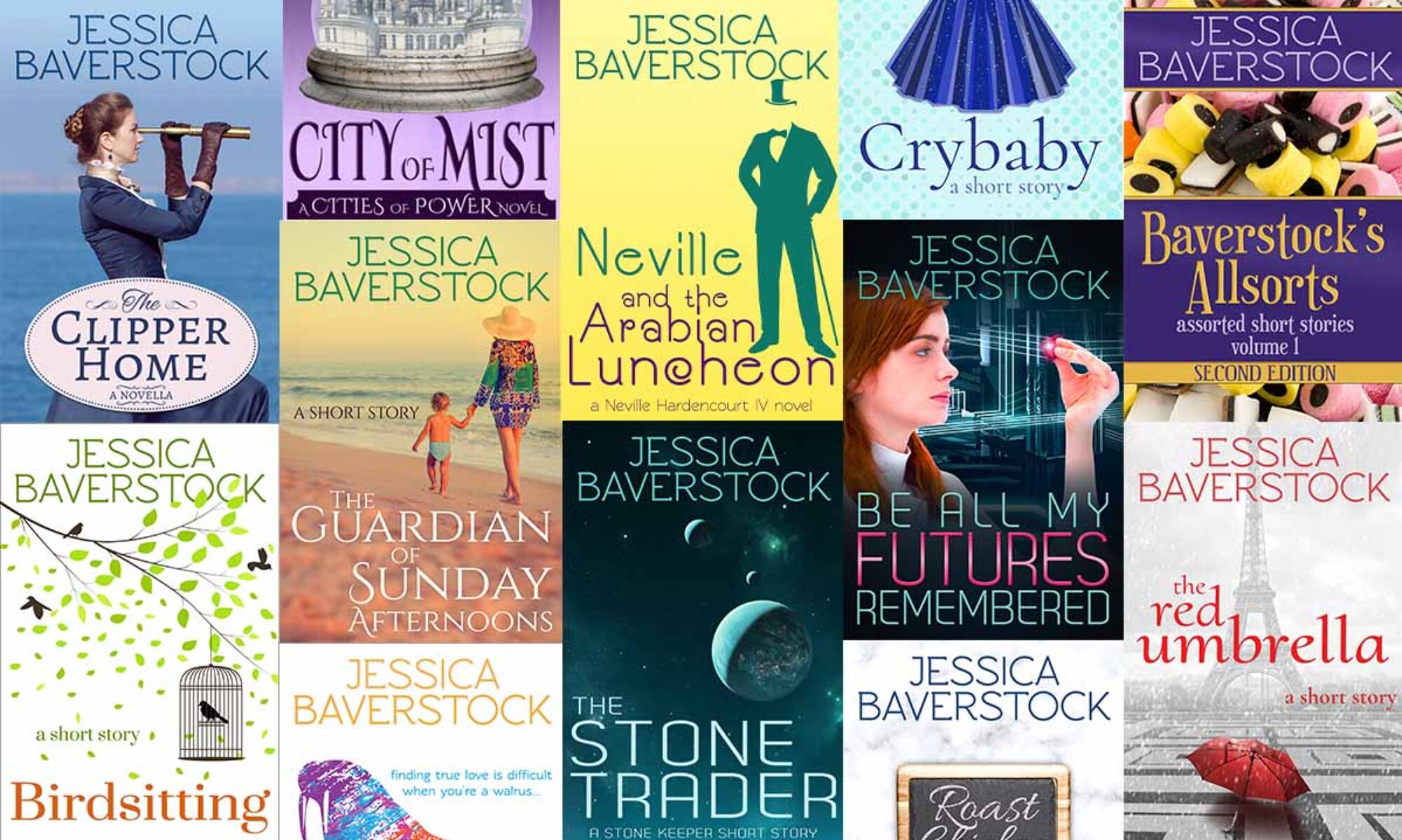Let me begin by saying that I am not one of those grammatical sticklers who polices the use of the apostrophe as if prosecuting crimes against humanity. (Although the one place I do fall down on this is the names of Central Park’s gates. That, from what I can see, is a grammatical shemozzle. You are welcome to convince me otherwise.)
I like to think of myself as a laid back writer who makes as many grammatical mistakes as she catches in other’s works (and signage) and believes in forgiveness and good will and keeping one’s niggles to one’s self wherever possible.
An appreciation of the garden-variety hyphen (as opposed to the more fastidious en-dash and em-dash) is something I’ve only come to recently. I’ve finally started getting a handle on its use to connect two words into an adjective (as was done above with ‘garden-variety’), opening the writer’s world up to a plethora of decriptive options.
The clarification ability of a simple hyphen was brought to my attention at a recent AirBnB stay.
The host had kindly provided house instructions on the fridge. One of them was, and I quote, “No crazy loud music.”
Ever one to notice a grammatical loophole, I realised this little sentence really needed either a comma or a hyphen to clarify the host’s intent.
After all, did the owner wish to rule out “crazy [comma], loud music” which would only outlaw the high volume of whatever could be defined as “crazy…music”? Under those circumstances, I feel I could blast out a good bit of Bach or a few ear-banging Vivaldi classics and still believe I had not contravened the instructions. (Who doesn’t love a smattering of Mozart? I mean, really.)
The alternative, the hyphen of course, would say that the rules were no “crazy-loud music,” in which case “crazy” is connected to the volume rather than the type of music. This leaves the point at which “loud” becomes “crazy-loud” still open to interpretation but, I believe, is closer to the host’s expectations.
One may say that this is picking at nits, and one would, of course, be right. Any sane person would know the meaning. But still, I would love to dial up my Haydn piano sonatas for a few choice minutes to point out the effect of a well-placed hyphen.
The other thing that happened at this particular stay occurred while I was reading without my glasses in the shower.
I mean, of course I was without my glasses in the shower. That much would be obvious, wouldn’t it?
But what was I reading? Ah, isn’t that the intriguing thing?
It certainly wasn’t the paper. I haven’t read one of those, in the shower or out, for years now.
No, what had caught my eye were the bottles of complementary body wash, shampoo, and conditioner.
(On a complete side point, I am glad that I can still read labels in the shower without my glasses, as so many bottles nowadays look identical except for a small amount of writing that differentiates shampoo from conditioner from body wash from hair removal gel. I mean, you see the point. Distinction is key!)
Anyway, allow me to return to the three bottles in question. They all were flavoured the same (or should I say scented? Though am I the only person who ends up with shampoo in her mouth? Back me up here).
There were two lines of text describing this scenting. The first read “Australian Kakadu Plum.” You see now why I say “flavouring” instead of “scent.” I mean, what does a plum smell like? Ah, but even if you know that, what does an Australian Kakadu plum smell like?
I really can’t tell you, even though I used the shampoo in question, and I feel the reason is because of the second flavouring factor.
I read, standing in the shower, glassesless, that this product line included “Kangaroo Extract.”
The very idea of it caused me to audibly squeak.
I mean to say, I’m all for finding new and improved uses for kangaroos—apart from road kill and barbeque meat—but this was going a bit far.
And, you will no doubt be asking, did the products smell of kangaroo?
I have to admit, I haven’t spent any quality time in my life smelling kangaroos.
I would assume they smell similar to unperfumed poodles that have been left outside on a humid day for a considerable length of time. Correct me if I’m wrong.
Anyway, horrified by the idea of kangaroo extract in what I was about to slather all over me, I concentrated harder and took another look.
You will be glad to know my second perusal revealed that the product included “Kangaroo Apple Extract.”
This left me somewhat relieved but just as befuddled.
I did not realise apples came in kangaroo flavour. Or kangaroos in apple flavour for that matter.
Or perhaps the apples had pronounced thighs and long tales reminiscent of their marsupial namesakes.
(I have since done a web search and in reality the tiny fruit look neither like a kangaroo or an apple. And like any good Australian product, they are poisonous if you don’t time your encounter correctly.)
After all this, what did the product smell like?
Faintly botanical is the best I could say. It wasn’t overpowering, either in the shower or out, but I felt sophisticated just using it.
At the end of the visit, I had not tested my host’s (or rather her neighbours’) definition of unacceptably loud music or figured out what exactly a kangaroo apple smells like, but my writer brain had been entertained, and that’s all one really requires of a holiday, at least in my book.
If you enjoyed this post, you might also like my most popular blog post: Random Fact of the Day: Helsinki’s Airport Toilets Go Chirp Chirp
